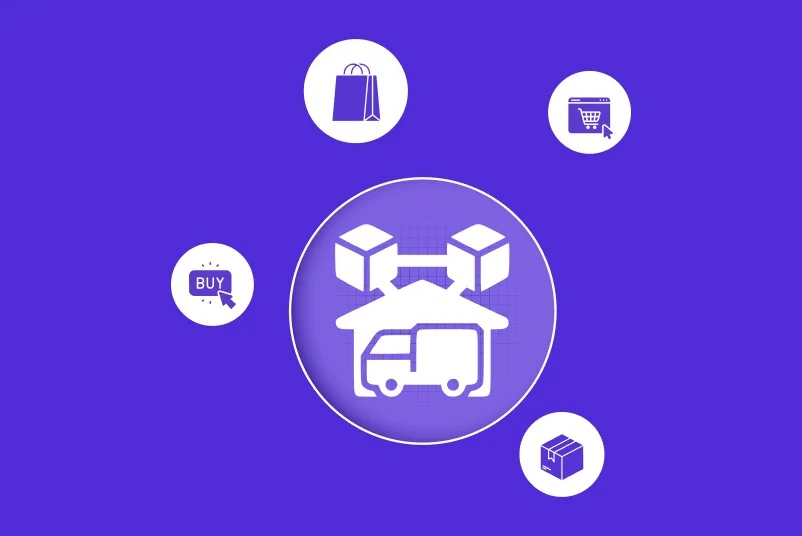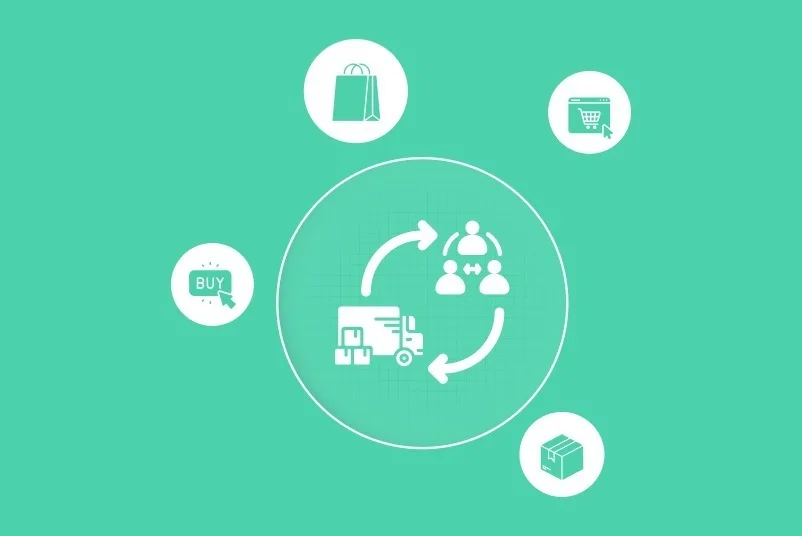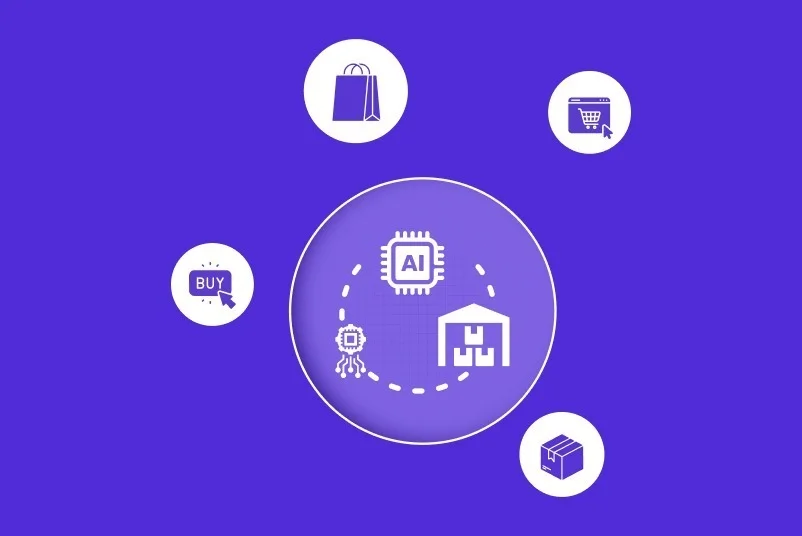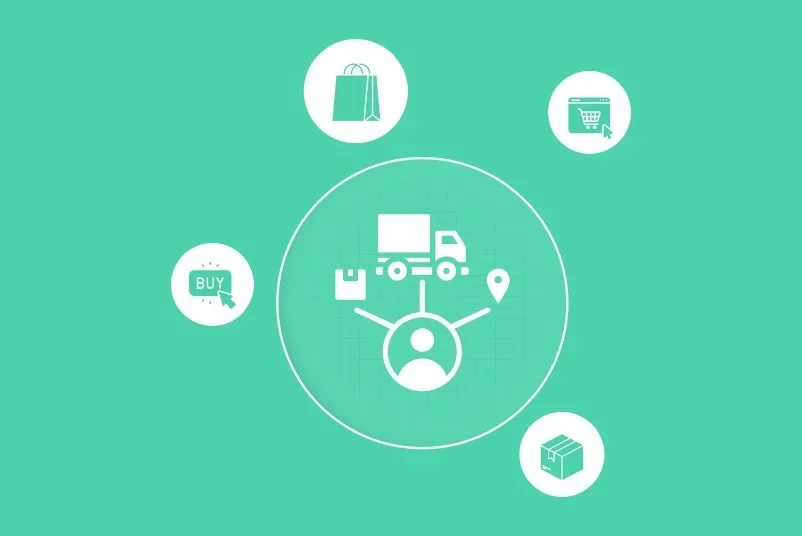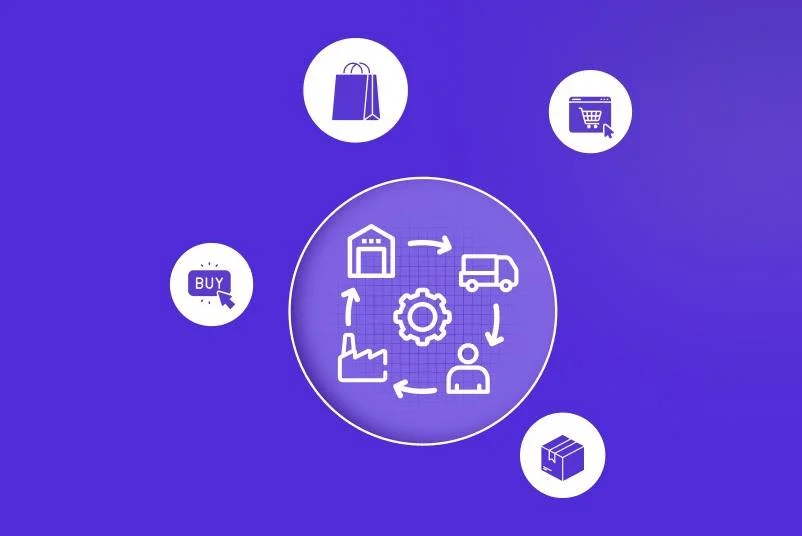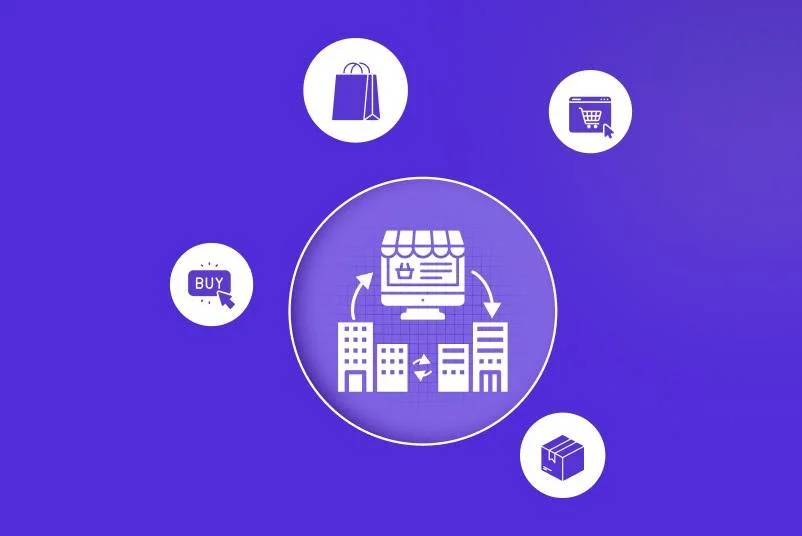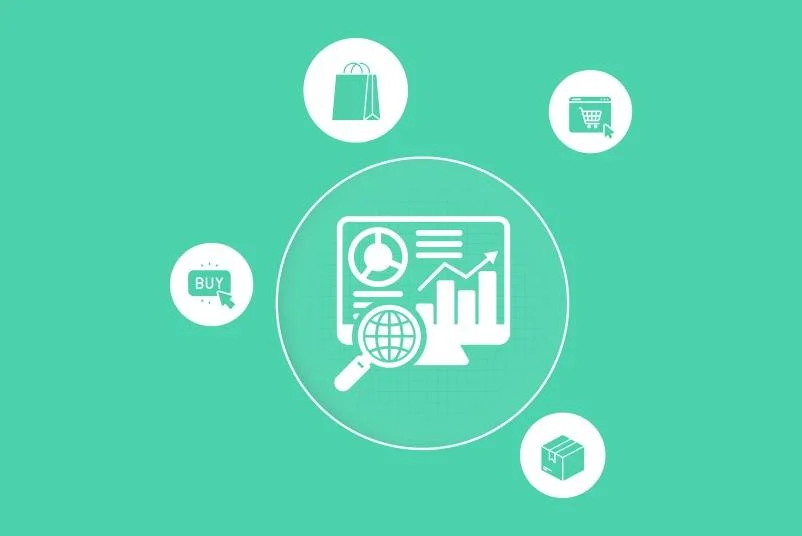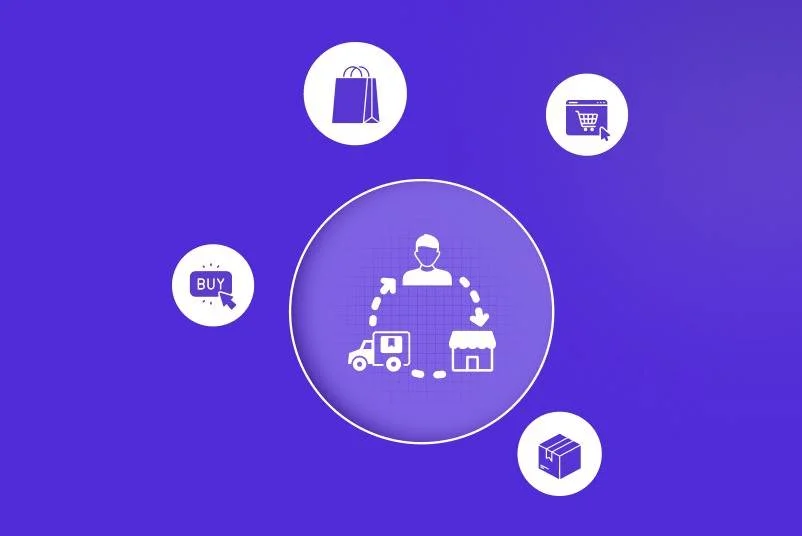Strategies for Effective Cross-Docking in eCommerce Warehousing

In the fast-paced world of eCommerce, optimizing warehousing operations is crucial for business success. Cross-docking, a logistics strategy where products are directly transferred from incoming to outgoing shipping with minimal storage time, can significantly enhance efficiency. As a specialized eCommerce consultant, eccofi offers key strategies to implement effective cross-docking in eCommerce warehousing.
1. Thorough Planning and Coordination:
Effective cross-docking requires meticulous planning and coordination. eccofi emphasizes the importance of detailed scheduling and synchronization between incoming and outgoing shipments. This coordination ensures that products are swiftly moved through the warehouse, minimizing delays and storage costs.
2. Advanced Inventory Management Systems:
Implementing advanced inventory management systems is vital for successful cross-docking. eccofi guides businesses in using technology to track inventory in real-time, enabling quick decision-making and efficient movement of goods from receiving to shipping docks.
3. Strategic Warehouse Layout Design:
A warehouse layout optimized for cross-docking can significantly streamline operations. eccofi advises on designing a warehouse layout that minimizes travel time and facilitates easy transfer of goods between docks, enhancing overall operational efficiency.
4. Strong Relationships with Suppliers and Carriers:
Cross-docking relies heavily on timely deliveries. eccofi assists businesses in building strong relationships with suppliers and carriers, ensuring consistent and punctual deliveries that are crucial for the success of cross-docking operations.
5. Training and Development of Staff:
Efficient cross-docking requires skilled personnel. eccofi recommends investing in training and development programs for staff, ensuring they are adept at handling fast-paced operations and adept at using the necessary technology and equipment.
6. Quality Control Measures:
Maintaining product quality is essential in cross-docking. eccofi stresses the importance of implementing stringent quality control measures at both receiving and shipping points to ensure that products meet customer expectations and reduce the likelihood of returns.
Conclusion:
Cross-docking can be a game-changer for eCommerce businesses seeking to optimize their warehousing and logistics. With eccofi’s strategic guidance, companies can implement successful cross-docking practices, leading to reduced costs, faster delivery times, and improved customer satisfaction.
